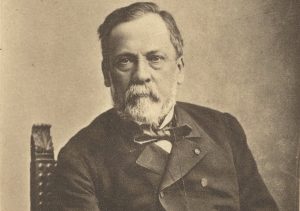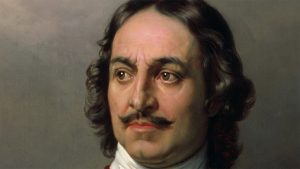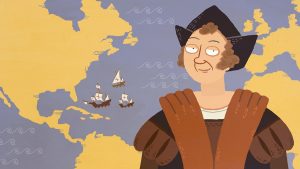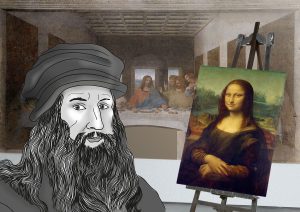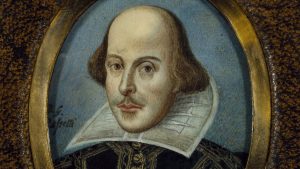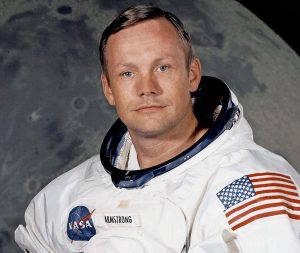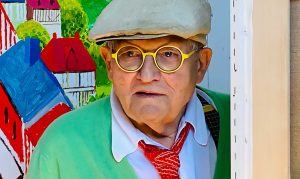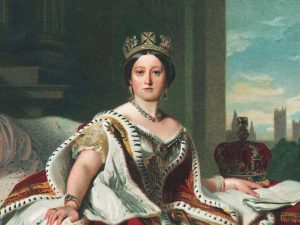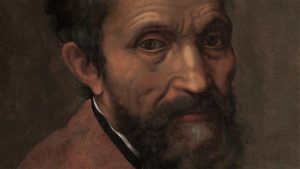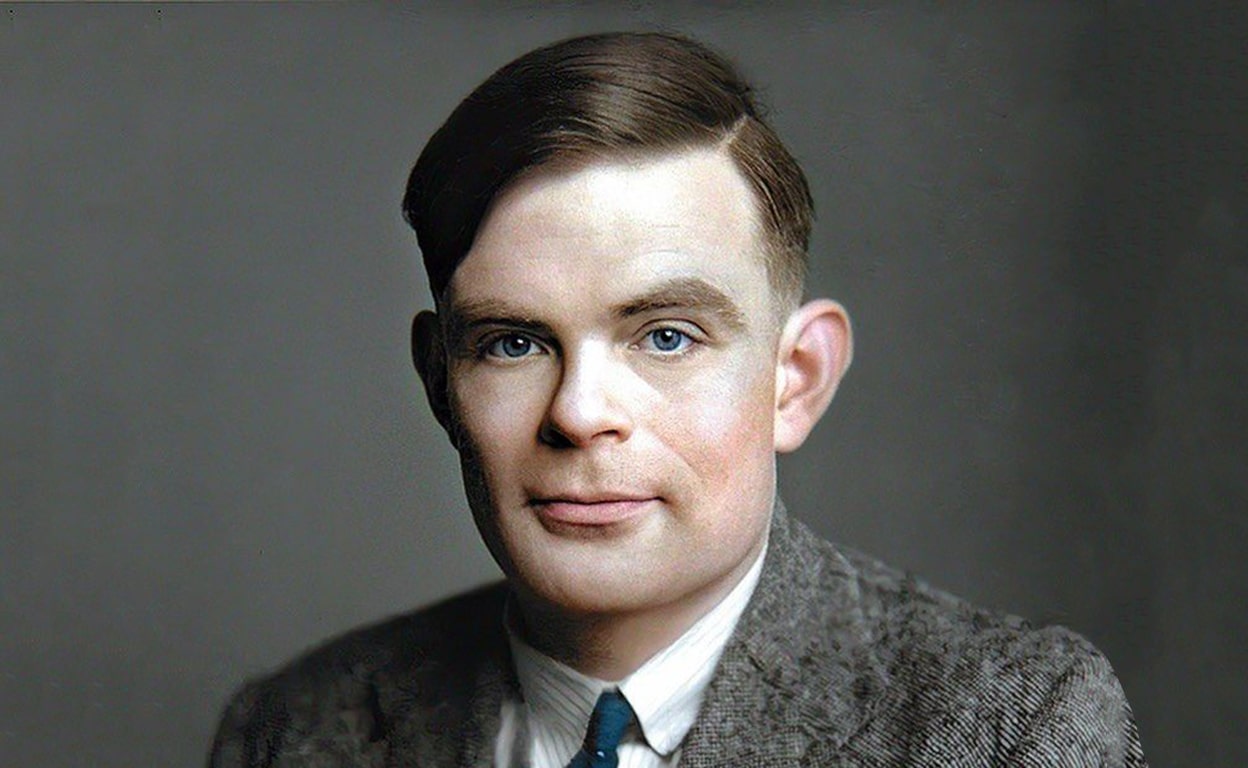
29 interesting facts about Alan Turing
- 👁️ 1290
Alan Turing, a pioneering British mathematician and computer scientist, made groundbreaking contributions to various fields, including computer science, artificial intelligence, and theoretical biology. He is perhaps best known for his vital work during the Second World War, where his brilliance helped crack the German Enigma code. Turing’s conceptual design of a universal computing machine laid the foundation for modern computing technology. Despite facing personal hardships and discrimination in his life, Turing’s profound legacy endures.
- Alan Turing was born on 23 June 1912 in London, England.
- Turing showed signs of his extraordinary mathematical abilities at a young age. He solved complex problems without having studied elementary calculus.
- Turing studied at King’s College, University of Cambridge, where he was awarded first-class honours in mathematics.
- In 1936, Turing developed the concept of a universal machine (now known as the Turing machine) capable of computing anything that is computable.
- His work on the universal computing machine formed the foundational concept of a “universal computer” which is the basis for all modern computers.
- During the Second World War, Turing was a leading member of the code-breaking team at Bletchley Park.
- Turing played a pivotal role in breaking the German Enigma code, which significantly helped the Allies to win the war.
- After the war, Turing worked at the National Physical Laboratory, where he designed the Automatic Computing Engine (ACE), one of the first designs for a stored-program computer.
- In 1948, Turing joined the University of Manchester, where he helped develop the Manchester computers and became interested in mathematical biology.
- Turing proposed a test (now known as the Turing Test) to determine a machine’s ability to exhibit intelligent behaviour equivalent to or indistinguishable from human intelligence.
- He was a pioneer in the field of artificial intelligence and was among the first to consider the possibility of machine learning.
- Turing was also a marathon runner. He was of Olympic standard, and he almost made the British team for the 1948 Olympics.
- Turing was a key figure in the development of theoretical computer science, providing a formalisation of the concepts of ‘algorithm’ and ‘computation’ with his Turing machine.
- Turing was open about his homosexuality at a time when homosexual acts were illegal in the UK.
- In 1952, he was prosecuted for homosexual acts and opted for chemical castration as an alternative to prison.
- Turing’s work in theoretical biology focused on morphogenesis, the biological process that causes an organism to develop its shape.
- His seminal paper “The Chemical Basis of Morphogenesis” proposed the reaction-diffusion system, explaining how chemical reactions could create complex patterns in nature.
- Alan Turing died on 7 June 1954 from cyanide poisoning, an inquest determined his death as suicide, but some suggest it might have been accidental.
- In 2013, Turing received a posthumous royal pardon from Queen Elizabeth II for his conviction due to homosexual acts.
- In 2019, the Bank of England announced that Turing would be featured on the new £50 note, recognising his invaluable contributions to science and society.
- Turing’s theoretical work on computing and artificial intelligence has led many to regard him as the “father of computer science”.
- Turing’s WWII work remained classified for many years, and his crucial role in the war effort was not publicly acknowledged during his lifetime.
- The highest distinction in computer science, the A. M. Turing Award, is named after him.
- Turing’s housekeeper found him dead with a half-eaten apple by his bedside, leading to persistent speculation that he had re-enacted the death of his favourite fairy-tale character, Snow White.
- The Alan Turing Institute, the UK’s national institute for data science and artificial intelligence, is named in his honour.
- Turing was fascinated with the idea of the mind and machines, leading to his work on artificial intelligence.
- Despite his scientific genius, Turing was known for being somewhat absent-minded, often misplacing everyday items.
- Turing was a reader of science fiction, and his favourite book was said to be the dystopian novel “Brave New World” by Aldous Huxley.
- Despite the significant adversity he faced, Turing’s enduring optimism and enthusiasm for his work is evident in many of his personal correspondences and work notes.
Alan Turing’s profound contributions have had a transformative impact on the way we live and understand the world. His conceptual vision and theoretical principles laid the groundwork for modern computing and artificial intelligence, with ripple effects across a multitude of other fields. In addition, Turing’s personal story, marked by both extraordinary triumph and heartbreaking tragedy, has made him an enduring icon in the fight for LGBTQ+ rights. Even in the face of posthumous recognition, one cannot help but feel the weight of Turing’s untapped potential—a sobering reminder of the cost of prejudice and discrimination.

